A Philippine official said Singapore "played unfairly" by monopolizing Taylor Swift's concert, while Thailand rushed to introduce policies to attract A-list stars.
Swiftonomics or Taylor Swift economy is a new term first mentioned by the US Federal Reserve in July 2023. Taylor Swift's concerts are not only musical events but also act as a driving force for tourism development and local economic growth.
Singapore has taken full advantage of this special economy. They successfully convinced Taylor Swift to choose Singapore as the only country in Southeast Asia to hold 6 shows of The Eras Tour, starting from March 2.
Hundreds of thousands of fans from the region flocked to the shows, bringing a tourism boom to Singapore and millions of dollars in revenue. More than 300,000 tickets for the six shows at the Singapore National Stadium were sold out. VIP tickets cost more than $900.

Taylor Swift on The Eras Tour on February 23 in Sydney, Australia. Photo: AFP
The exclusive deal has “sparked jealousy” among neighboring countries in Southeast Asia, observers say. Many countries were “outraged” when they learned that Singapore “spent a large sum of money” to convince Taylor Swift. Singapore has not yet disclosed the amount of money it has given Taylor Swift, but Thai Prime Minister Srettha Thavisin said on February 16 that it was nearly $3 million.
Some politicians and fans in the region have criticized Singapore for "playing dirty." Joey Salceda, a member of the Philippine House of Representatives, described Singapore's move as "not something a good neighbor should do." Salceda noted that the deal was notable for Taylor Swift agreeing to "not hold any more concerts anywhere else in the region." He said he would push the Philippine Department of Foreign Affairs to ask the Singapore embassy to explain the exclusive deal.
Salceda's views are divisive. Some residents say he is "petty." Instead of demanding an explanation from Singapore about the deal, the Philippines should focus on improving infrastructure, transportation, and amenities to attract tourists.
Others agree that Singapore’s exclusivity clause has deprived the Philippines and other countries in the region of a much-needed tourism boost. However, political analysts say the Singapore-Philippines relationship is not at risk of deterioration.
Prime Minister Srettha Thavisin also announced new measures to attract top performers. "We can bring A-list and world-class artists to Thailand," Thavisin said. Among the measures are visa exemptions, changes to regulations on alcohol consumption at concerts, and adjustments to the operating hours of entertainment venues.
In Indonesia, Tourism Minister Sandiaga Uno said the government needed “what Singapore did, which was to bring Taylor Swift back.” “We need Swiftonomics in Indonesia,” Uno said, adding that a Tourism Fund worth nearly $130 million had been set up. to support music, sports and cultural events to attract international visitors.
Singaporean observers say the government's sponsorship of Taylor Swift's tour is "a common strategy" to attract major international acts.
Dylan Loh, a foreign policy expert at Nanyang Technological University in Singapore, said his country's relations with Southeast Asian countries are "very strong." Loh believes the Taylor Swift incident will not create negative impacts between countries in the region.
Alan Chong, senior fellow at the S. Rajaratnam School of International Studies, also pointed out that there were many other factors that attracted Taylor Swift to choose Singapore as the only stop in Southeast Asia for The Eras Tour. "Singapore is a strategic destination. We have very good air, land and sea connections to most Southeast Asian countries," Chong said, adding that it made sense to hold six concerts in Singapore.
However, Singapore may take a different approach to A-list celebrity activities in the future. The government will be more sensitive to how others perceive the issue, according to Chong. "But we think if it advances the national interest, we will still do it," Chong said.
Anh Minh (According to SCMP )
Source link


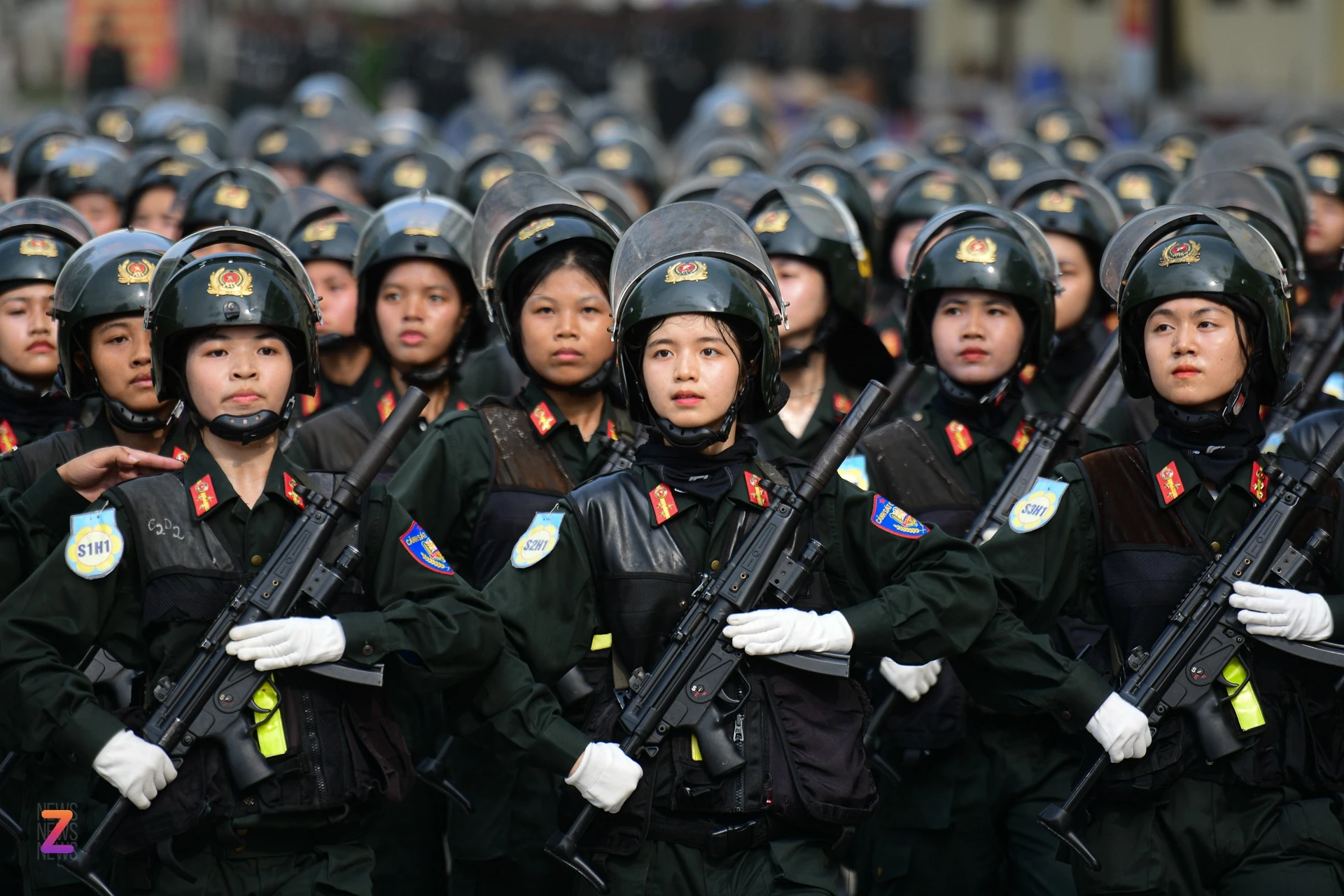
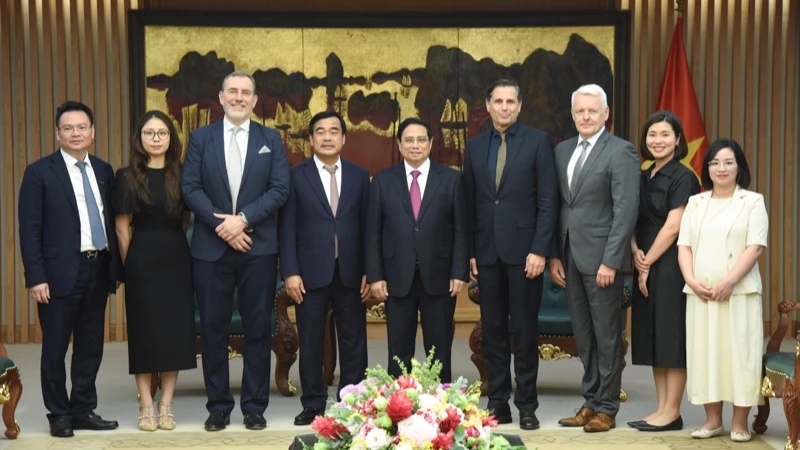
![[Photo] Prime Minister Pham Minh Chinh receives Chairman of Skoda Auto Group](https://vstatic.vietnam.vn/vietnam/resource/IMAGE/2025/3/27/298bbec539e346d99329a8c63edd31e5)

![[Photo] Nearly 2,000 people enthusiastically participated in the Olympic Running Day - For the security of the Fatherland](https://vstatic.vietnam.vn/vietnam/resource/IMAGE/2025/3/27/33bed26f570a477daf286b68b14474d4)








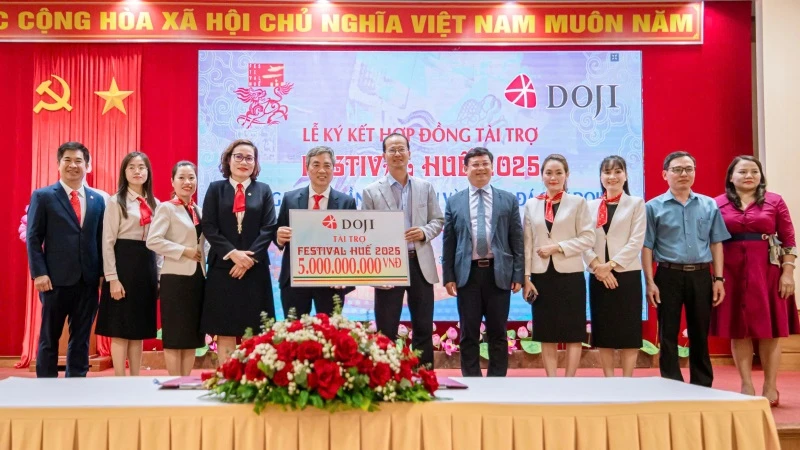






























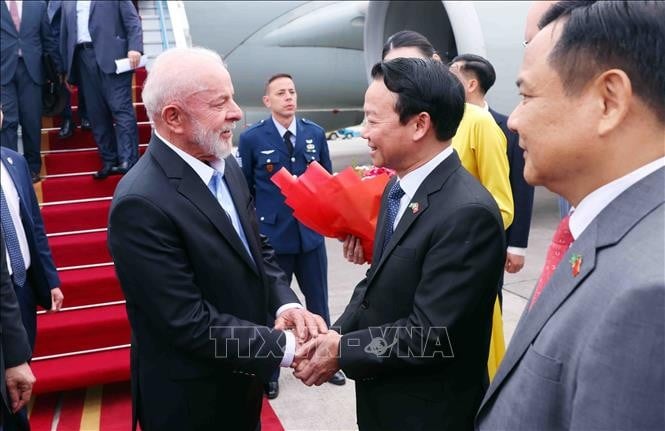
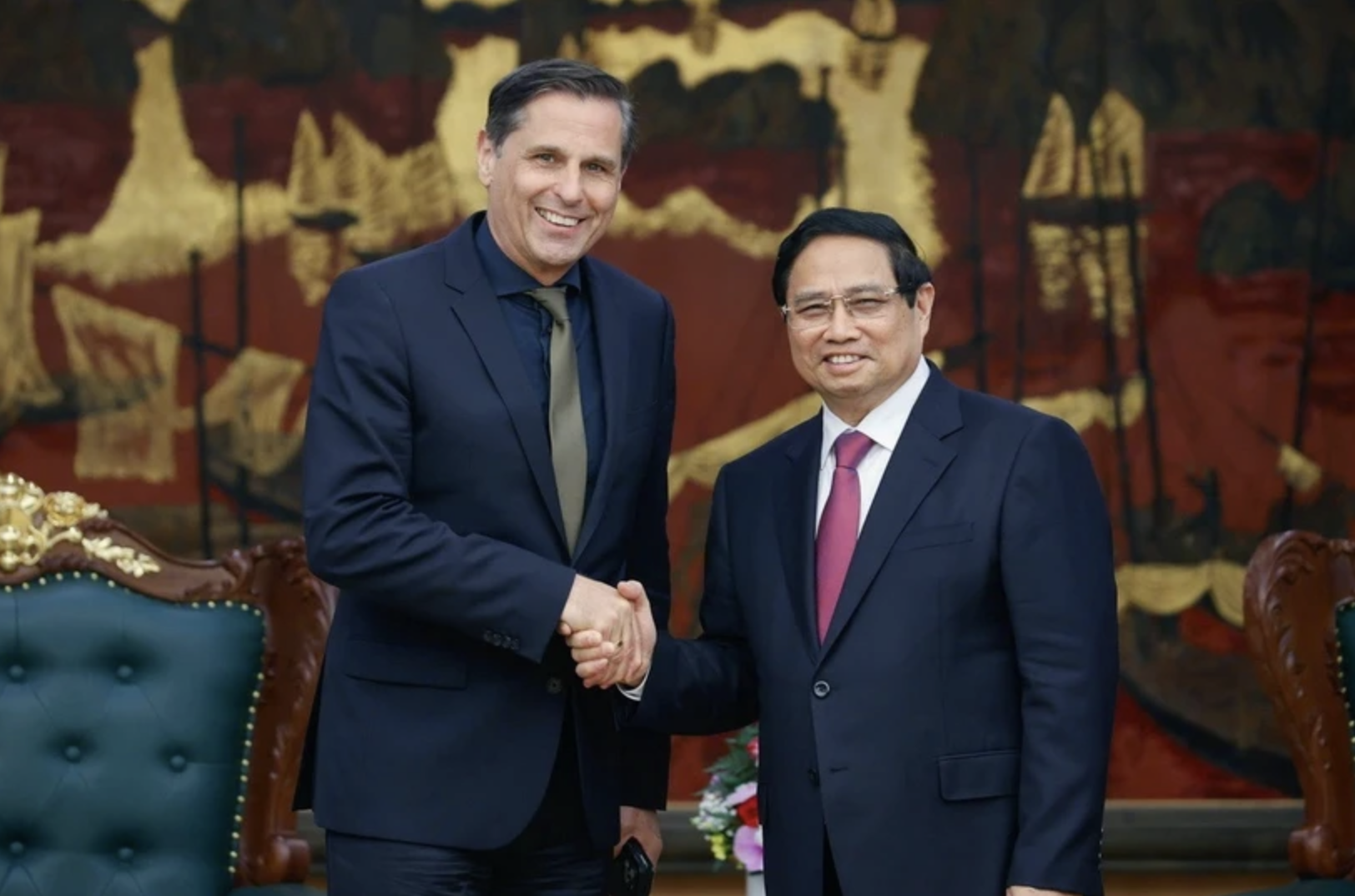

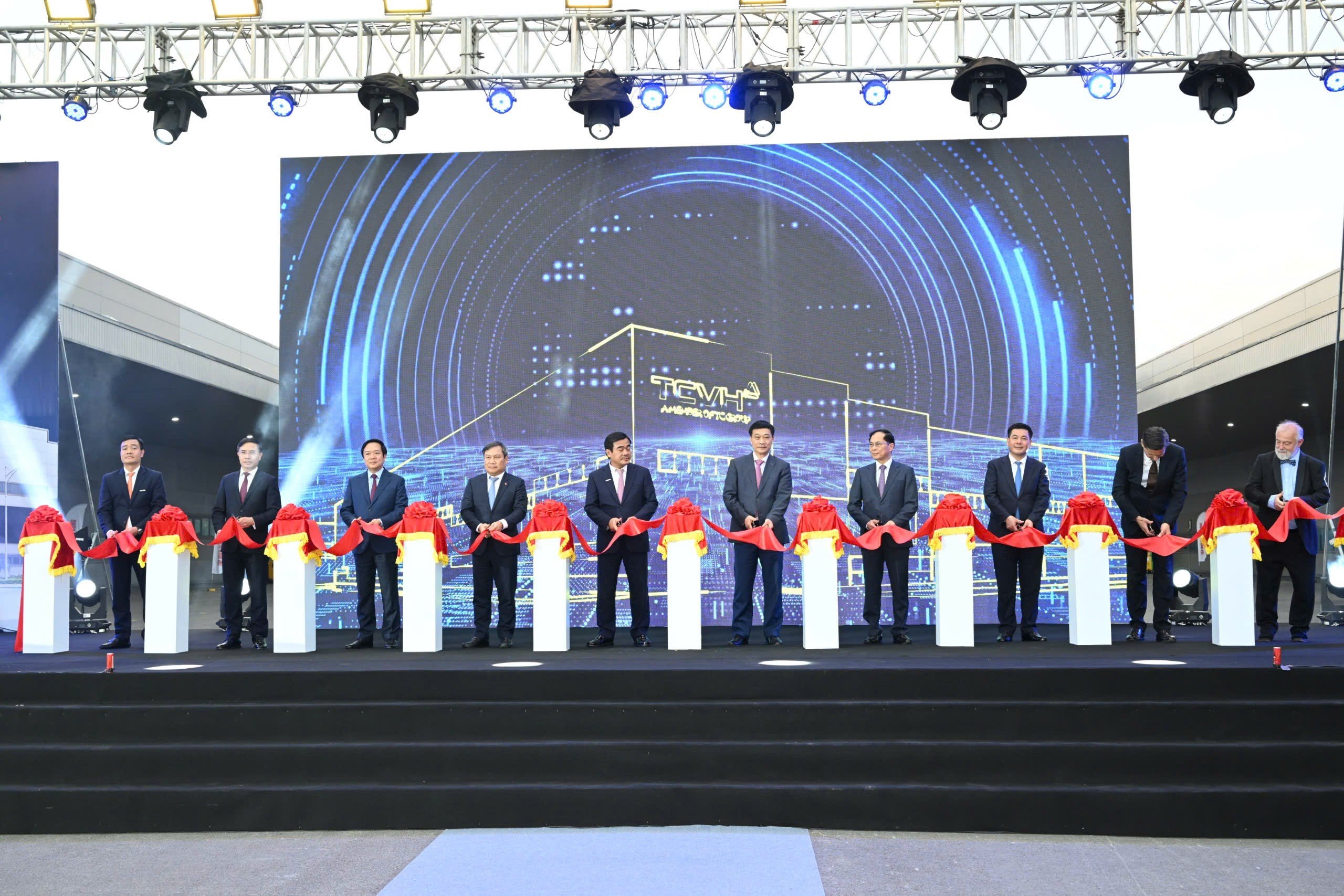

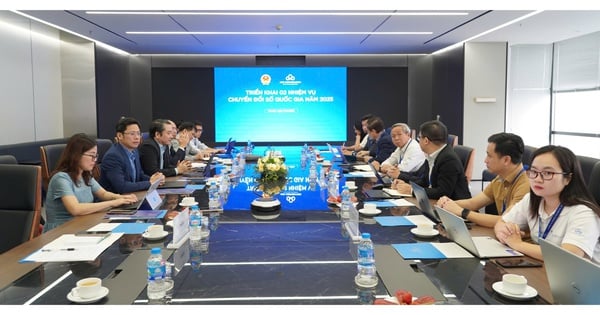

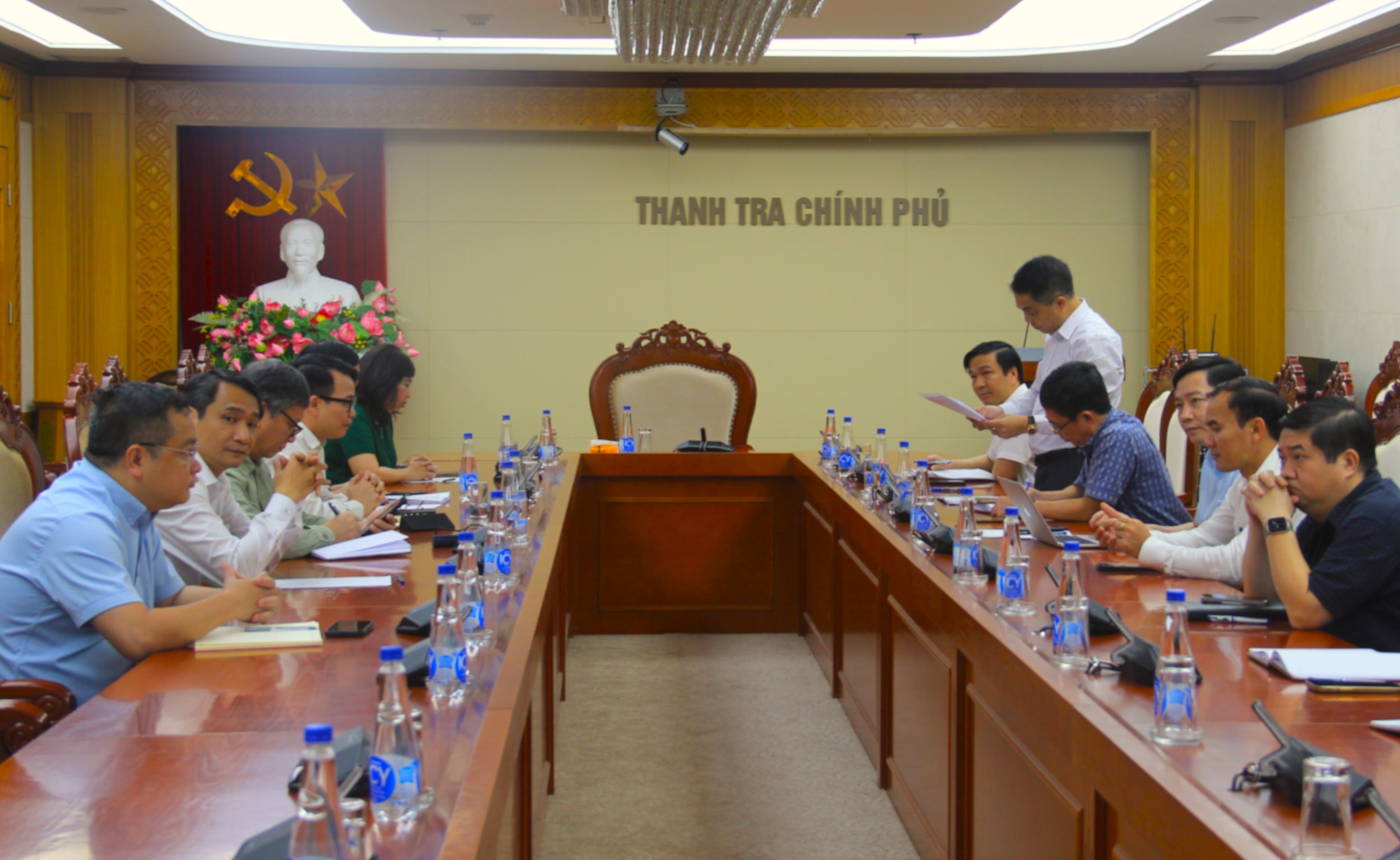

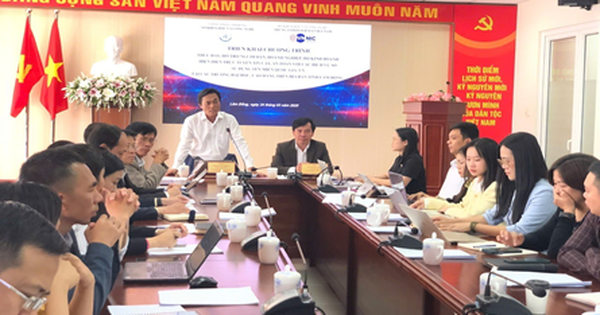


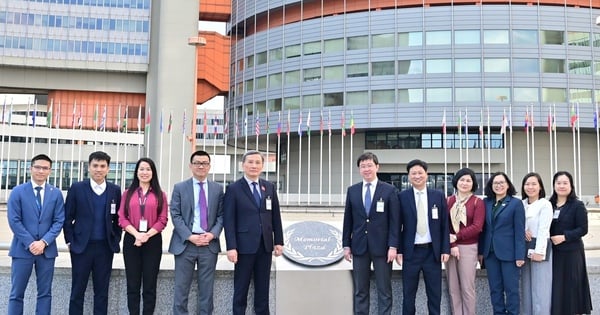
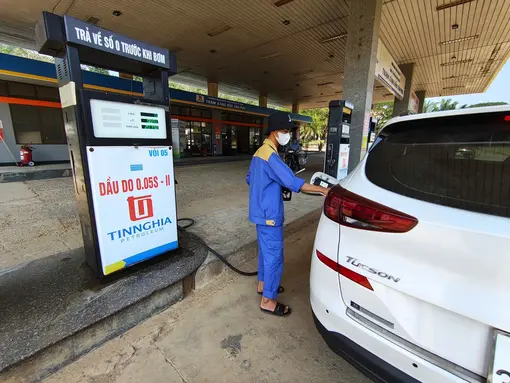




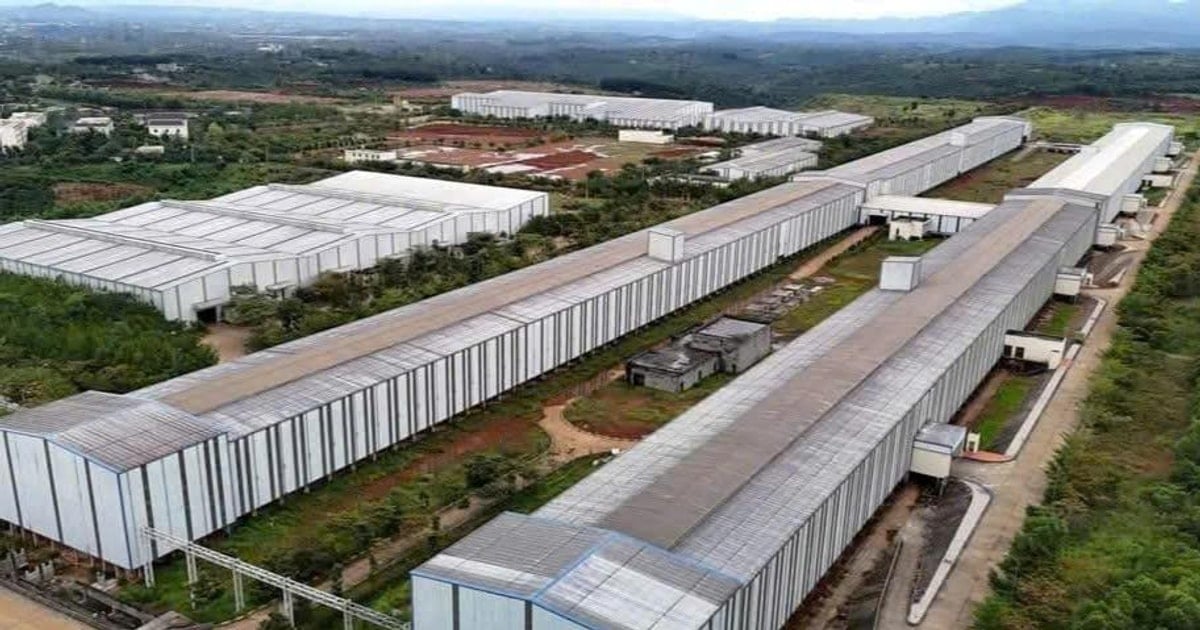



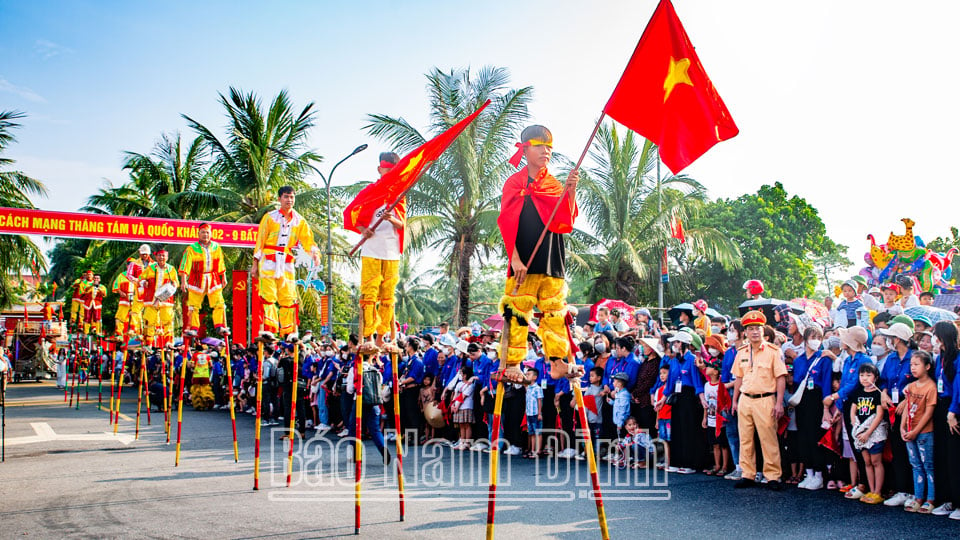



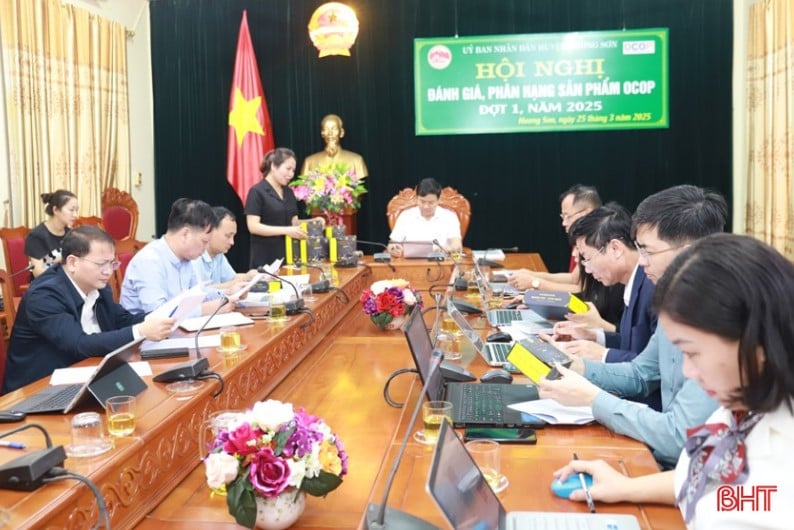

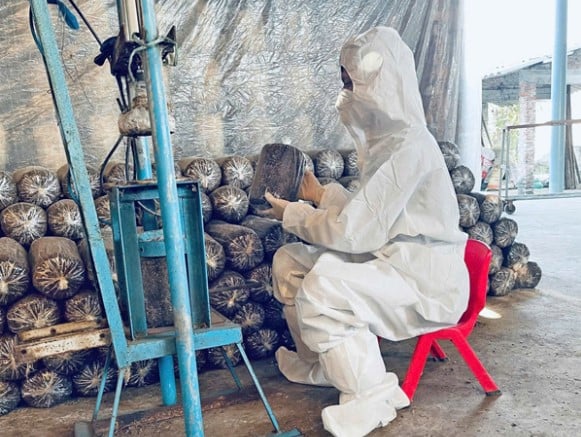
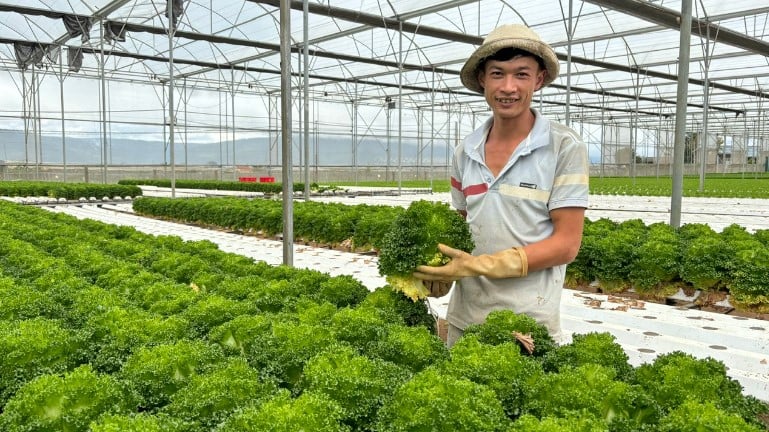



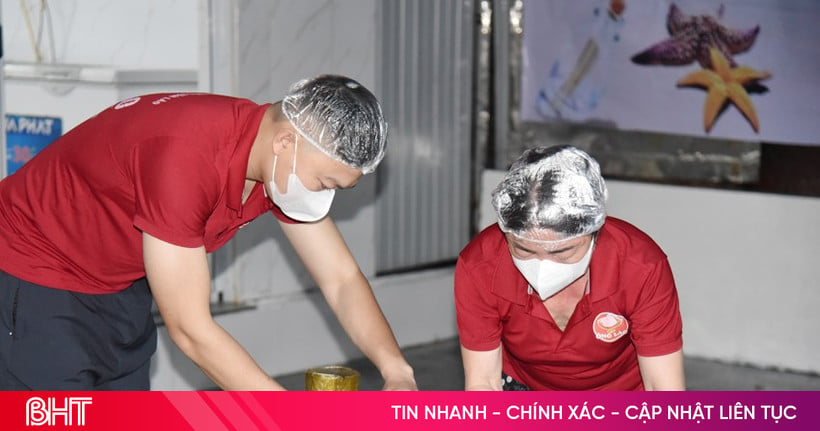
Comment (0)